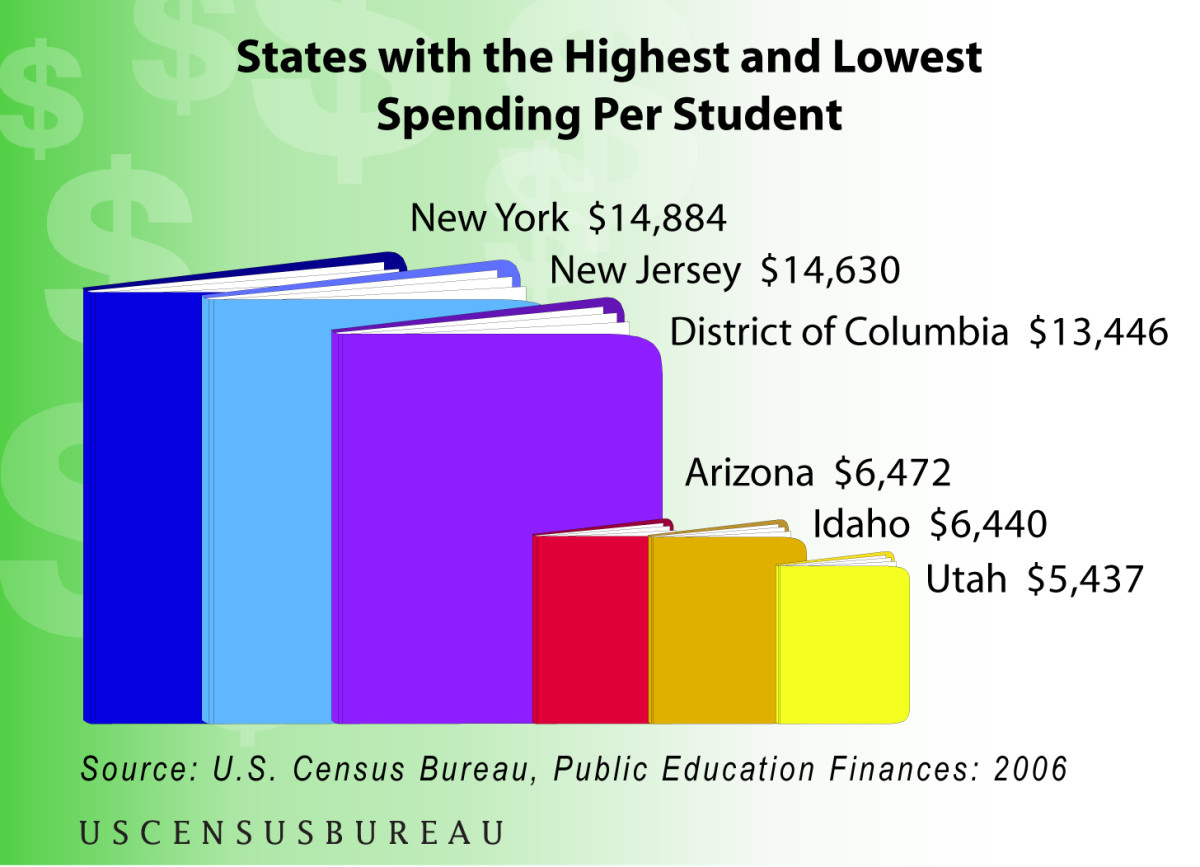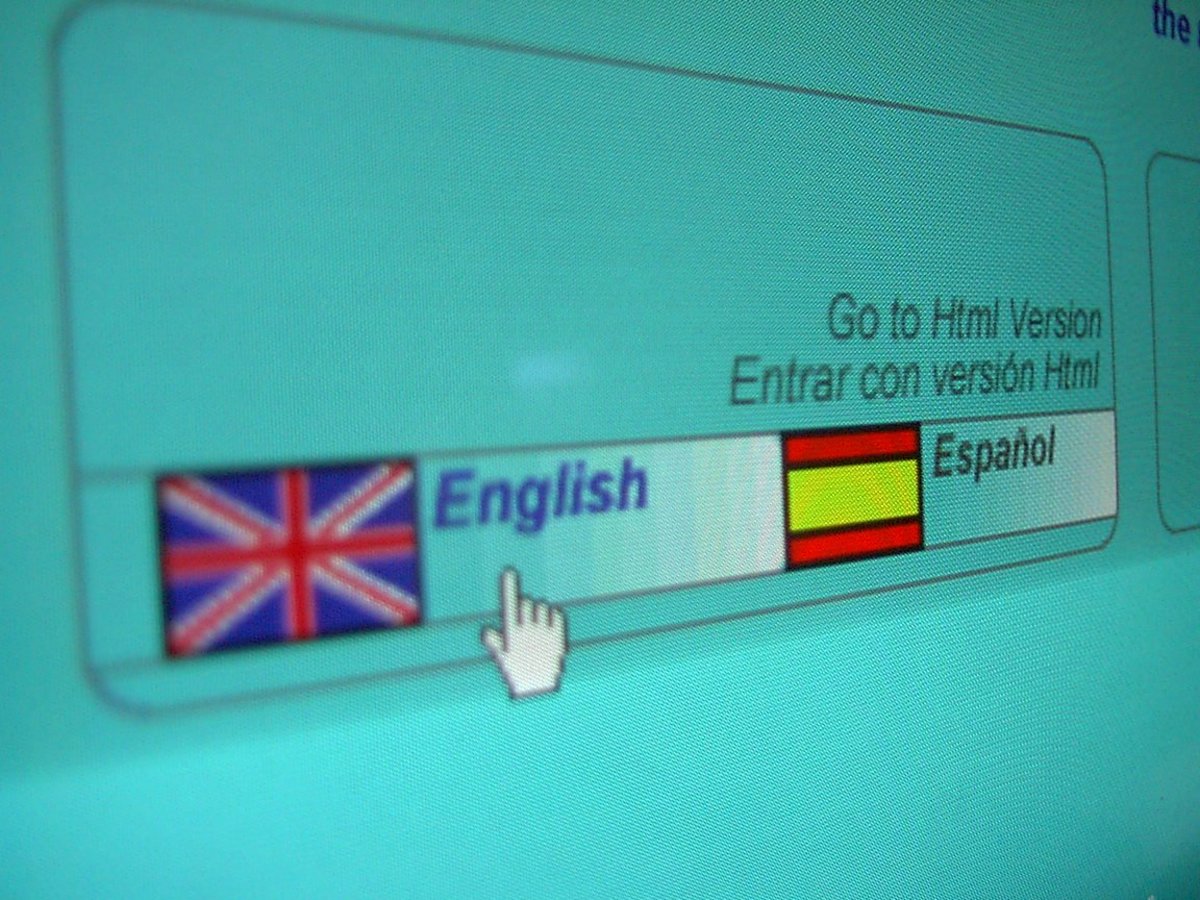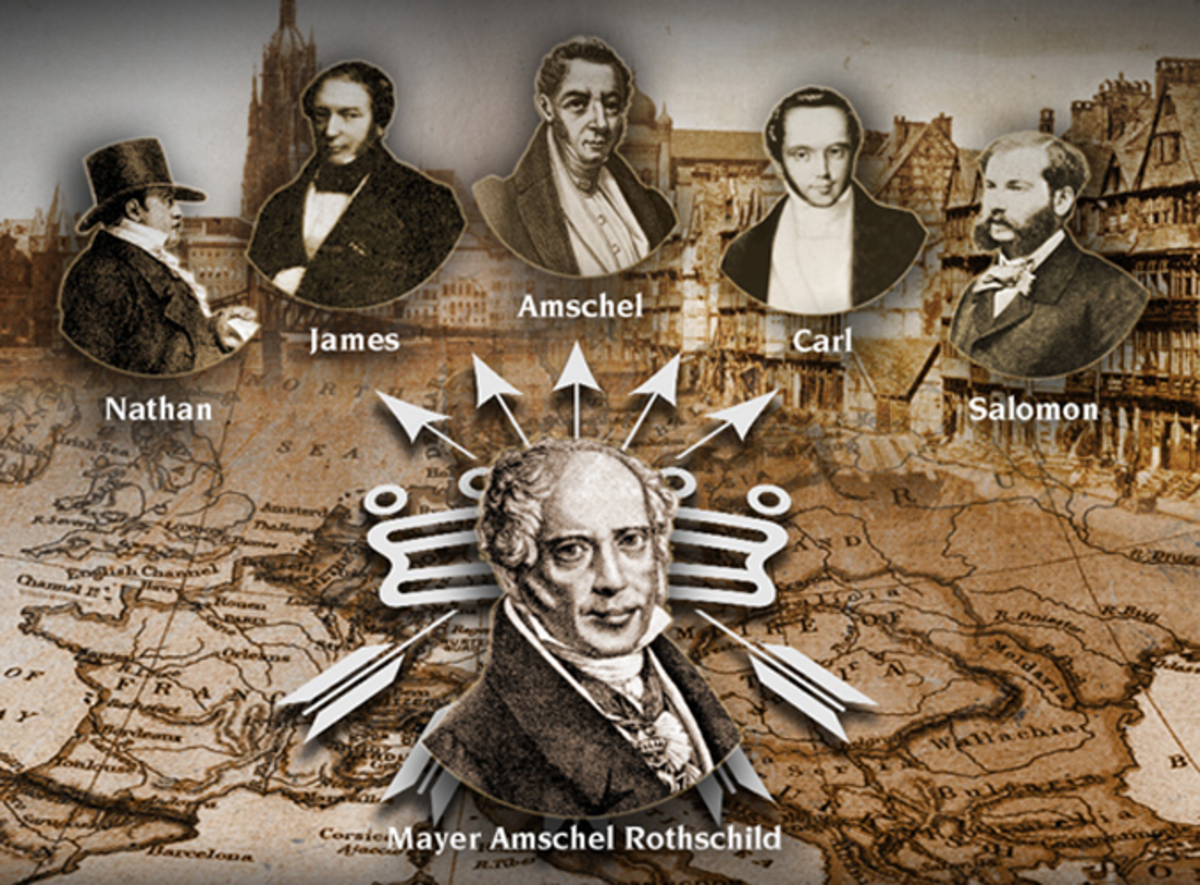Pursuasive Government Speech: Prayer in Schools

The issue of prayer has been of great concern for students and parents for the past fifty years. In 1963, Madalyn Murray O' Hair took her anti prayer campaign all the way to the Supreme Court of the United States of America. On June 17, 1963, the Supreme Court ruled in the hallmark case Murray v. Curlett, which outlawed mandatory prayer in all American public schools. Since that decision, many constitutional experts have debated whether this was legal or not. The First Amendment states "Congress should make no law respecting an establishment of religion, or prohibiting the free exercise thereof; of abridging the freedom of speech, or of the press; or the Government for a redress of grievances." There are many arguments lobbing for both pro and against prayer in school, even 51-years later.
History shows that even our forefathers worried about public prayer, not just in government but in schools as well. Ben Franklin took a stand to bring prayer to the attention of those at the Constitutional convention. He stood up during the convention and said, " In the beginning of the contest with Britain, when we were sensible of danger, we had our daily prayers in the room for divine protection. Our prayers, sir, were heard, and they were graciously answered"¦ and have we forgotten this powerful Friend?". Our country was founded on the prayers of our forefathers and the citizens of that time.
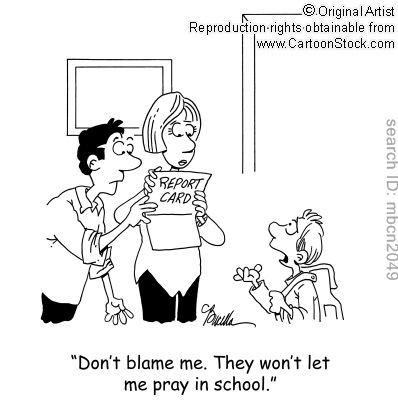
Supporters of school in prayer find a strong correlation between the decision made in 1963 and a moral decline since that time. Supporters feel that since students in schools have not been taught what prayer is, and how to pray correctly, the morals and behavior of students have gone downhill. Though, one could argue that it is not the responsibility of the teacher or the school to teach a student anything on religion, it is the responsibility of the parent and their church, synagogue, or mosque.
Former Secretary of Education William Bennett revealed in his cultural indexes that between 1960 and 1990,there was a steady moral decline which led to risky behavior. During this period, divorce doubled, teenage pregnancy went up 200%, teen suicide increased 300%, child abuse reached an all-time high, violent crime went up 500%, and abortion increased 1000%.
Supporters state that the majority should rule. The public opinion has strongly opposed the Supreme Courts decision in 1962. National polls have been taken repeatedly over the years show that the majority of Americans favor organized prayer in public schools. Supporters argue that it is undemocratic to stop the majority favor because of the minority.
Despite the many Supreme Court rulings, many people claim that the Constitution protects school prayer. The first amendment does not separate God and government but actually encourages it. The establishment clause was only intended to stop state religion. The Free Exercise Clause requires the government to accommodate religious observances in public life. Many people believe that student led school prayers violates our first amendment right to practice religion without government interference.
However. there are many groups who stand behind the courts rulings. The ACLU is one of the loudest voices in the fight to keep our schools prayer free. Other groups joining them are the Anti Deflation League, American Atheists, American Jewish Congress and Americans for Separation of Church and State.
In contrast. to school prayer supporters, the opponents of prayer in school find no correlation in prayer and the decline in society. There is no evidence that proves of prayer in school relate social problems to poverty, inequality, and lack of opportunity.
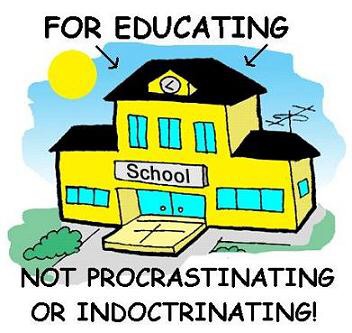
Opponents of prayer in school claim that it goes against the First Amendment. "According to their interpretation, the Establishment Clause proscribes the establishment of religion in general including religious practices. Since prayer is a religious exercise, state supported prayer amounts to the establishment of a religious practice and is therefore unconstitutional.". Opponents also state that prayer violates the Free Exercise Clause by making students pray against their will or forcing them to leave to avoid hearing prayers.
It is a fact that in 1995 the government set out guidelines to protect religious freedom in schools. They said, " Students have the right to pray privately and individually in school, and had the right to meet in religious groups on school grounds and to use school facilities like any other groups."
Opponents state that a prayer amendment will cause religious diversity and breed intolerance. Students of minority religions may feel uncomfortable praying with students of different beliefs. Some students may feel pressure to participate and may receive judgment from the teachers.
On September 15 1999, on Capitol Hill, Rep, Earnest Istook, an Oklahoma Republican, reintroduced a proposed amendment to the constitution that would secure the peoples right to acknowledge God according to the dictates of conscience. It was backed by 57 co-sponsors, most of them Republican. The amendment stated "˜ The people's right to pray and to recognize their religious beliefs, heritage or traditions on public property, including schools, shall not be infringed.'
It will be interesting to see what will happen in the future of our nation. With many tragedies happening and a moral decline in society our nations majority seems to favor prayer. As for now it seems the minority who opposes prayer has upper hand with the Supreme Court decision in 1963. But amendments are being worked on and new one's are being proposed.



